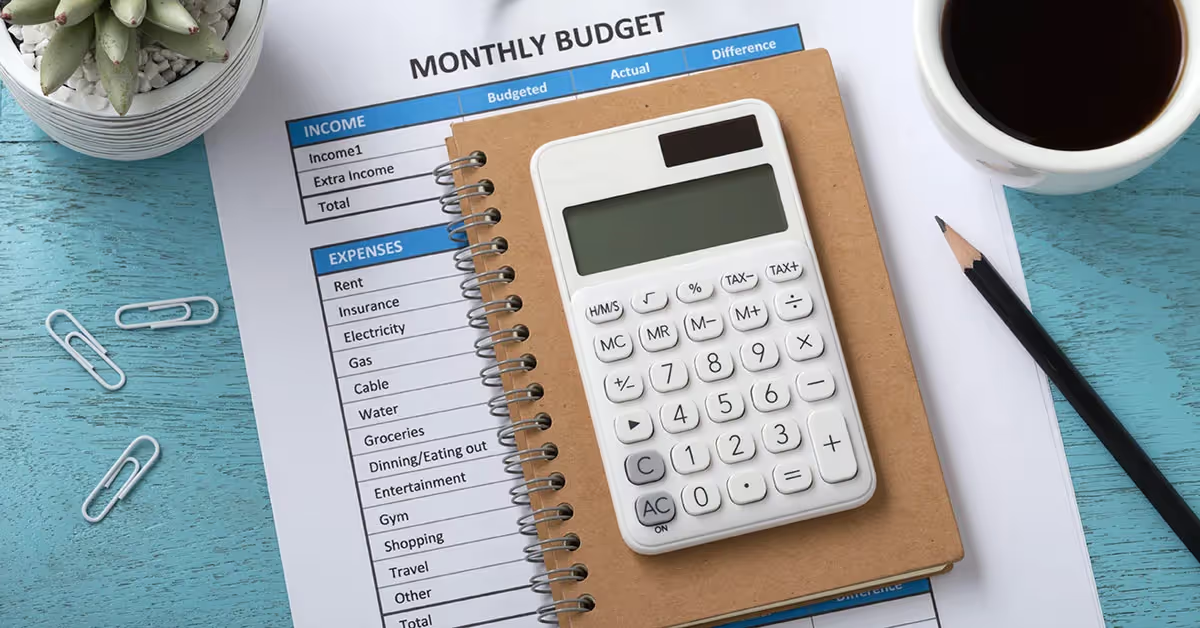
How to Budget Effectively
A well-planned budget gives you control over your money and helps you make intentional choices about spending, saving, and reaching your financial goals. Understanding your income, tracking your expenses, and setting priorities can reduce stress and build a stronger financial foundation.
Creating a budget is one of the most important steps toward financial control and peace of mind. When you know where your money is going, you can make intentional choices, reduce stress, and work toward your financial goals with confidence. A thoughtful budget provides clarity, helps you avoid unnecessary debt, and allows you to save for the future.
The first step in budgeting is understanding your income. Knowing exactly how much money you have coming in each month, including your paycheck, side income, or other recurring sources, gives you a clear foundation for planning your expenses. Once you know your income, tracking your spending becomes essential. Recording your fixed costs, such as rent, utilities, and loan payments, alongside variable costs like groceries, transportation, and entertainment, provides a realistic view of where your money goes. This insight helps you identify opportunities to cut back and reallocate funds toward savings or important goals.
Budgeting is most effective when it aligns with your financial goals. Whether you’re saving for an emergency fund, a home, retirement, or simply want to reduce debt, having clear objectives makes it easier to prioritize spending. A practical budgeting framework, such as allocating a portion of income for needs, wants, and savings, can help guide your decisions while giving you flexibility to adjust as circumstances change.
Consistency is key to a successful budget. Using tools like budgeting apps, spreadsheets, or automated transfers can make managing your money simpler and help you stay on track. Regularly reviewing your spending allows you to see your progress, make adjustments, and avoid overspending. Flexibility is important too; life changes, and so should your budget. Revisiting it periodically ensures that it continues to reflect your income, expenses, and financial goals.
Conclusion
Ultimately, budgeting is about taking control of your finances and making intentional choices that support your lifestyle today and your financial security tomorrow. With a clear plan and thoughtful approach, you can reduce stress, save for the future, and build a stronger financial foundation.

Got questions?
We’re here to help.
Whether you're opening your first account or exploring your credit options — our team is just a message away.
Contact Us


.avif)
.avif)
.avif)






